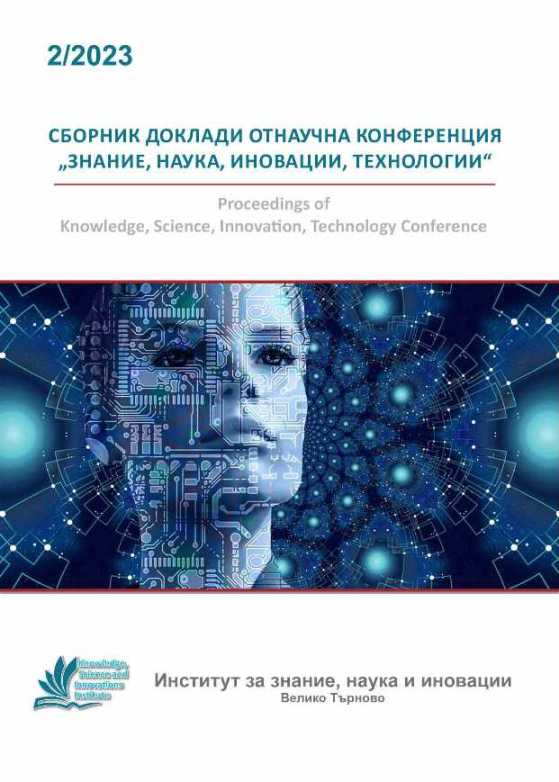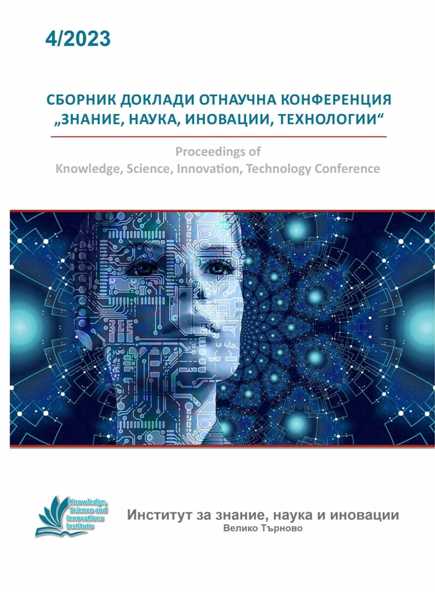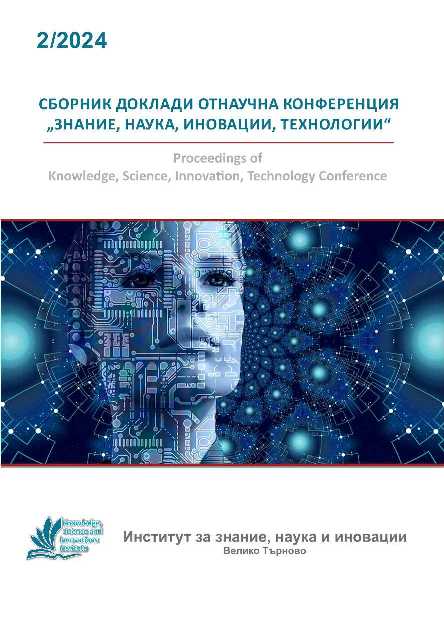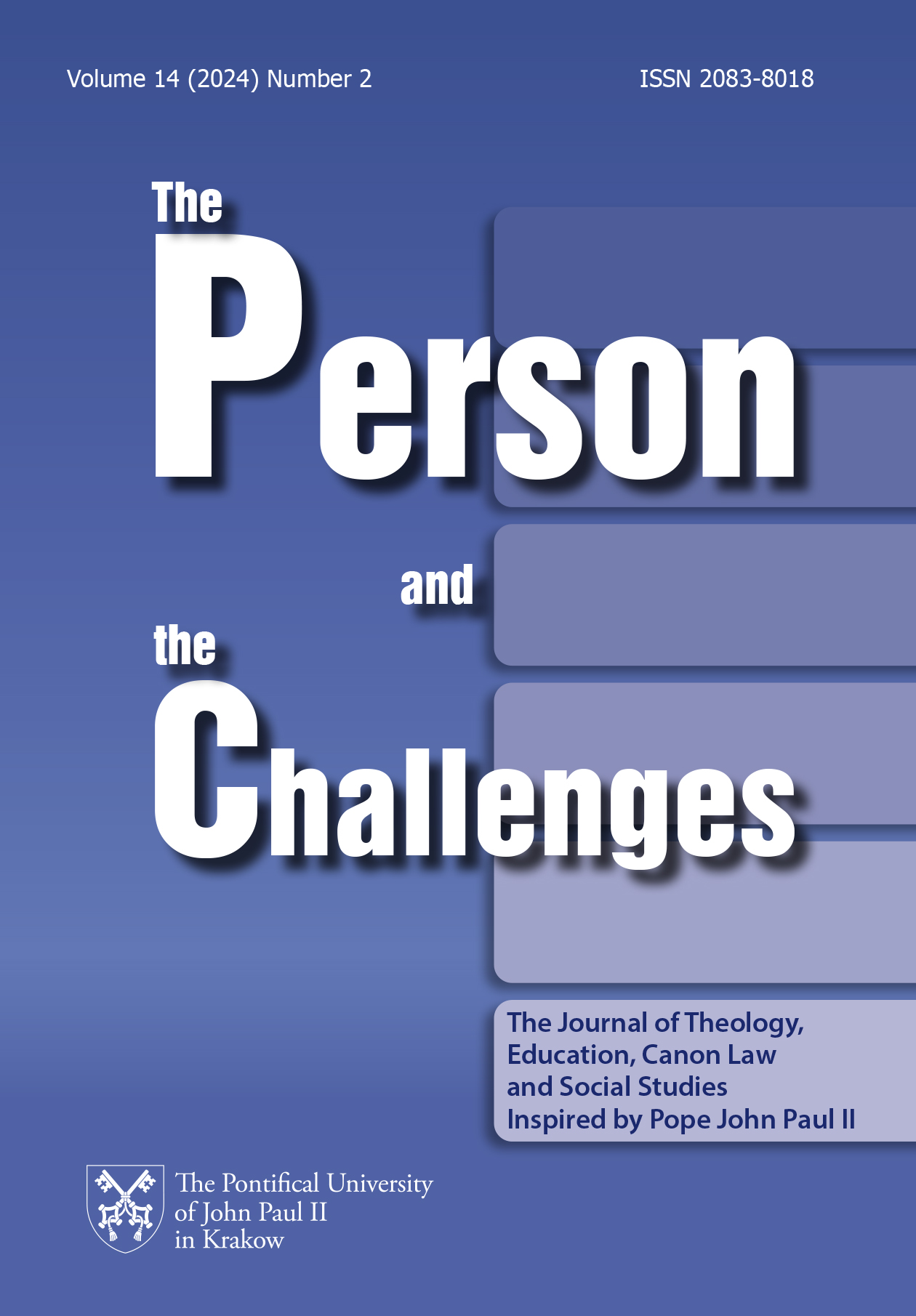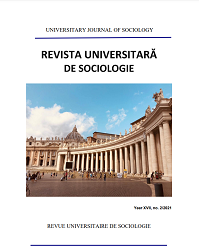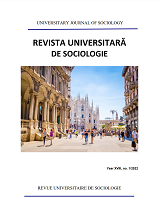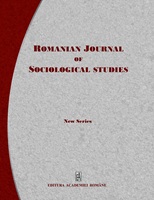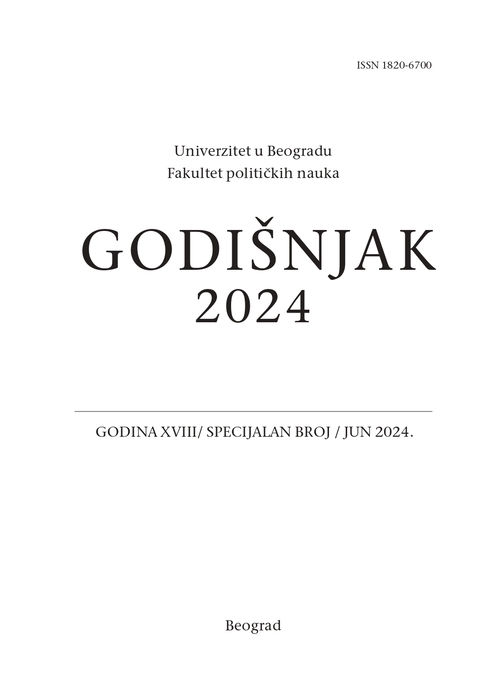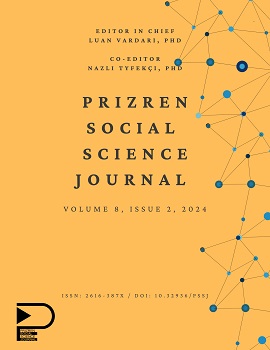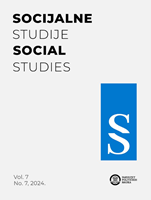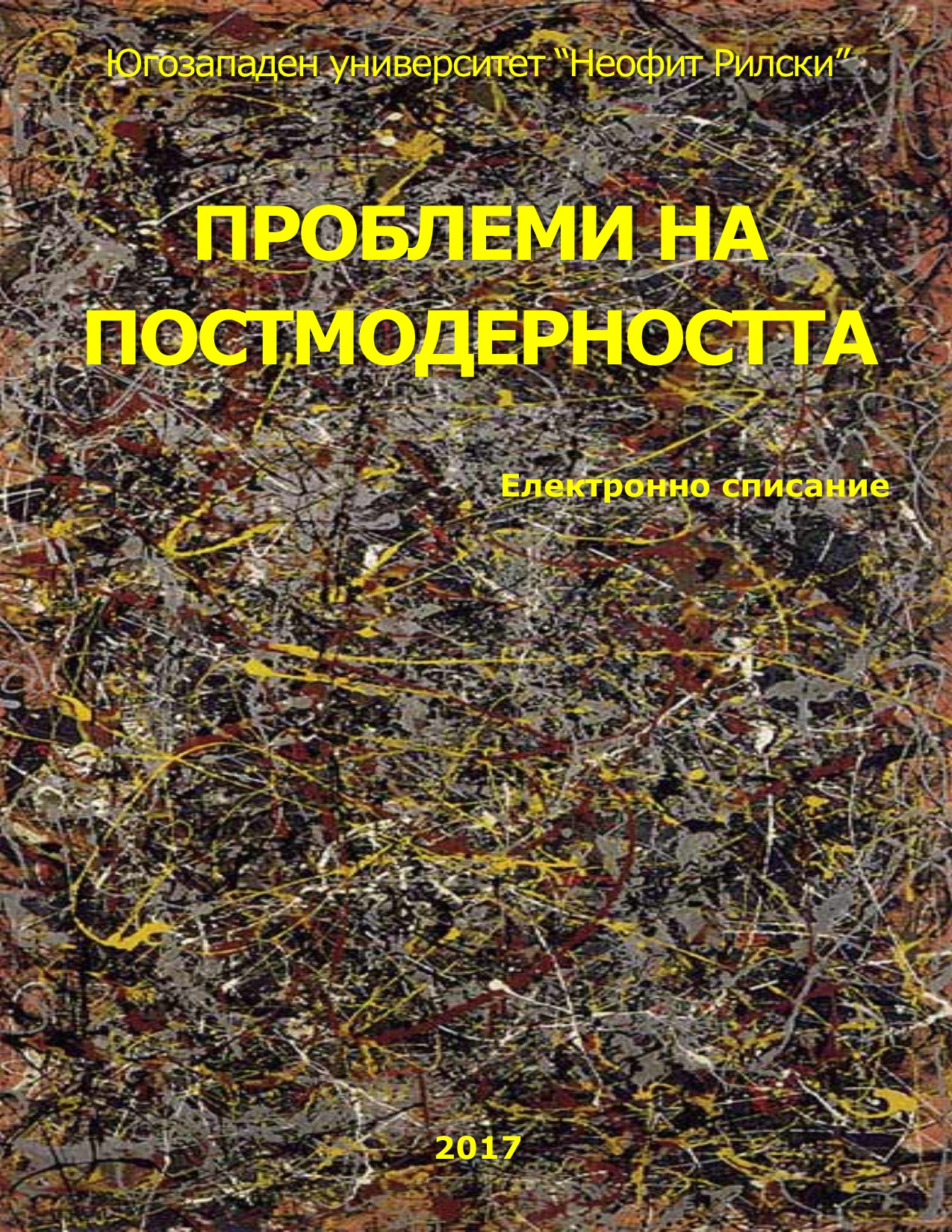
Information and Communication Technology Applications and the Mediatization of Social Inclusion
Ambient Assisted Living (AAL) has become a topic of growing importance. On the basis of the internet as a wide spread standard interaction media, numerous applications using information and communications technology (ICT) have been developed for AAL. From a sociological perspective these developments can be considered as attempts targeting at social inclusion. How these technologies should be installed: is the highest technical level the optimum, or is an adaptation to the present level of personal abilities of understanding and behaviour to be preferred?
More...
